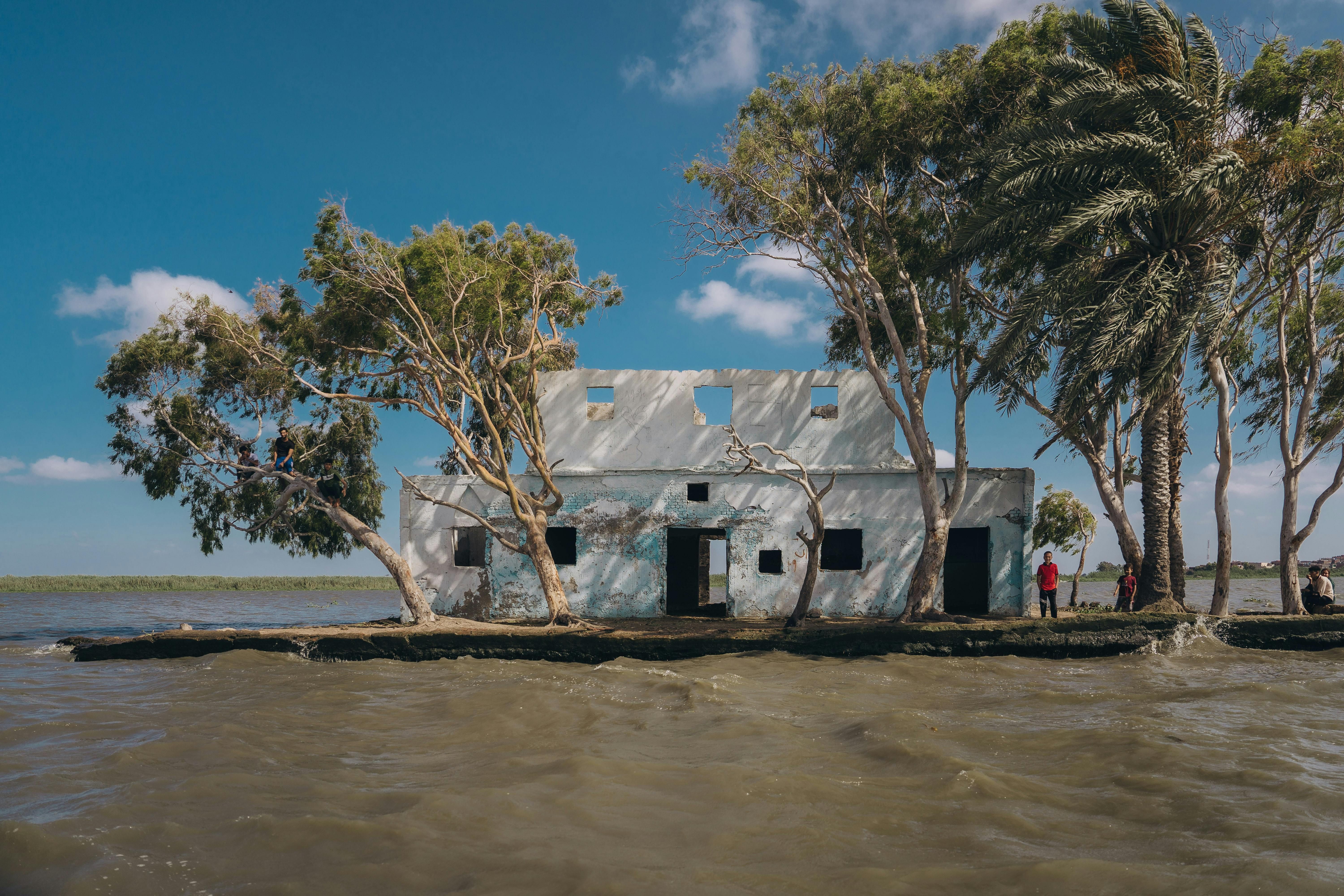After the Rhine's recent flooding, water levels are on the decline across North Rhine-Westphalia. Emmerich, situated on the Lower Rhine's German-Dutch border, saw its peak on Wednesday afternoon. However, the water in Cologne and Duisburg has already substantially decreased, according to flood forecasting services.
Cycle paths and footpaths were inundated, while benches succumbed to the water, but no town in North Rhine-Westphalia encountered critical conditions. The German Weather Service (DWD) does not forecast heavy rain, which could further complicate matters on the rivers. In Cologne, vessels must navigate the river's middle and reduce their speed. The water mark, influential in shipping limitations, risks being surpassed once more on Friday morning.
While the falling water levels leave a lasting impression of the Rhine floods, the coming days are likely to remain relatively dry. The dry weather will aid in recovery efforts.
Regarding the broader context, climate change is making regions like Germany more susceptible to extreme weather events, such as more frequent and intense flooding. These events could impact the Rhine's water levels, as seen in the Ahr Valley floods. Climate change also leads to reduced water availability, which can negatively impact agricultural irrigation and other water uses in industrialized areas like North Rhine-Westphalia.
Groundwater levels in Germany have experienced a decline, with almost half of the evaluated locations suffering from fallen groundwater levels between 2018 and 2021. Additionally, the region can expect an increase in extreme weather events, such as heatwaves and coldwaves, that influence precipitation patterns and, consequently, river water levels. However, specific predictions for Rhine water levels in North Rhine-Westphalia following the floods are not currently available.
In summary, while the recent floods have caused distressing conditions in North Rhine-Westphalia, the water levels are currently decreasing. Weather forecasts suggest that the region will remain relatively dry in the coming days, aiding in the recovery process. The broader context of climate change's impact on water resources in Germany suggests a heightened flood risk in the future, but specific predictions for the Rhine's water levels are not readily available.





